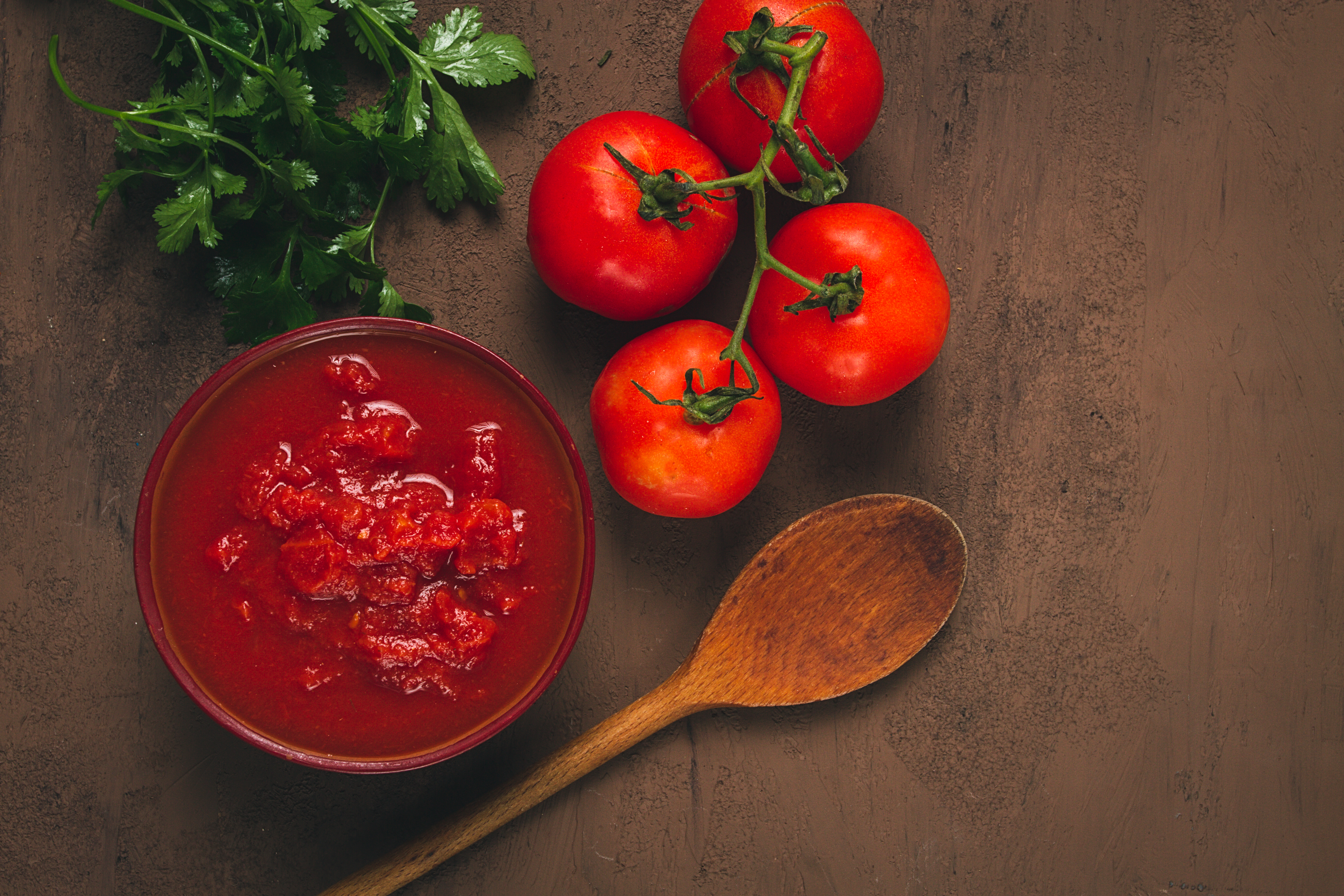20 Daily Habits That May Be Triggering Your Arthritis
Arthritis, a condition characterized by inflammation of the joints, affects millions worldwide, causing pain and limiting mobility. While many are familiar with common triggers, such as age and genetics, there are numerous hidden culprits that can exacerbate arthritis symptoms. Understanding these lesser-known factors is crucial for those seeking relief and improved quality of life. This comprehensive guide delves into 20 unexpected elements that can worsen arthritis symptoms and offers insights into what to avoid for effective symptom management. By exploring each factor, readers will gain a deeper understanding of how to navigate their arthritis journey with informed choices.
1. Dietary Nightshades - The Inflammatory Connection

Nightshade vegetables, such as tomatoes, potatoes, eggplants, and peppers, are often staples in many diets. However, for some individuals with arthritis, these foods may contribute to increased inflammation. Nightshades contain alkaloids, which can irritate the gut and potentially exacerbate joint pain. While not everyone with arthritis will experience adverse effects, those who suspect a connection might consider an elimination diet to observe changes in symptoms. Understanding the role of nightshades in one's diet can empower individuals to make informed dietary choices, potentially reducing inflammation and alleviating arthritis discomfort.
2. Processed Sugars - Sweetness with a Bitter Effect

Processed sugars are prevalent in many foods and beverages, but their impact on arthritis goes beyond just empty calories. Consuming high amounts of sugar can lead to the release of pro-inflammatory cytokines, which exacerbate joint inflammation. Additionally, sugar contributes to weight gain, placing extra stress on already burdened joints. Reducing sugar intake can be a powerful step in managing arthritis symptoms. Opting for natural sweeteners or sugar alternatives, such as stevia or monk fruit, can help satisfy sweet cravings without triggering inflammation, offering a simple yet effective dietary adjustment.
